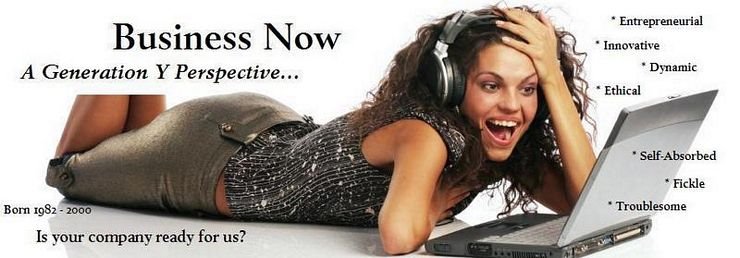In the March 8th online edition of Business Week, David Welch reports that sales of hybrid vehicles have dropped during the first quarter of 2007. In comparison to last year, hybrid sales only account for 1.8% of total sales, down from 2.1% in 2006. The high price tag attached to these “green” vehicles is the number one reason cited for the lack of sales (Welch, 2007).
The intersection between market performance and environmental concern will undoubtedly be a cornerstone of this year’s economic trends. Building media pressure, such as Al Gore’s Oscar win for “An Inconvenient Truth,” combined with greater environmental awareness will finally force consumers to make a definitive and difficult choice. Either buy the less expensive car and contribute to global warming, or sacrifice those extra dollars and buy the hybrid. Clearly, money, not conscience, is winning the battle for 2007.
As the law of supply dictates, higher prices for hybrids has prompted car manufacturers to produce more of them. Over the next 20 months at least 30 new hybrid models are scheduled to enter the market, up from about 14 models to date (Welch, 2007). And while this may be very good news for the environment, the recent downturn in demand is also exerting pressure for depressed prices. Already companies are being forced to slash prices on hybrids in the hopes of increasing sales, and reaching a new market equilibrium.
But as this price fluctuation is occurring, environmental concerns are becoming harder for everyone to ignore. At some point in the very near future the “more expensive/less expensive” choice isn’t going to be the determining factor for vehicle acquisition. Instead of a movement along the demand curve based on price, a complete shift will occur based on the vehicle’s environmental impact. Whether this shift is prompted by consumer’s good will or governmental controls is still to be seen.
The use of public transportation, an environmentally friendly substitute, may also play a key role in determining the future demand for hybrids. Although more inconvenient than individual transportation, buses, trains, and trams may become the most affordable means of travel for the majority of consumers - dropping the demand for vehicles in general, and allowing the market to settle on a higher-than-average price per hybrid.
However, because most western cultures have come to depend heavily on individual transportation, perhaps a more realistic solution is finding a less expensive way to produce hybrids. Already manufacturers are working toward this end, devising more cost-effective means of production, such as cheaper lithium ion cell batteries (Welch, 2007). Such production cost-cuts will lead to less expensive hybrids, and hopefully more consumer demand…A winning scenario for everyone, including the environment.
Source:
Welch, David. “Why Hybrids are a Difficult Sell.” Business Week, March 8th, 2007. Reference URL: http://www.businessweek.com/autos/content/mar2007/bw20070308_093177.htm?chan=autos_autos+index+page
Subscribe to:
Post Comments (Atom)







No comments:
Post a Comment